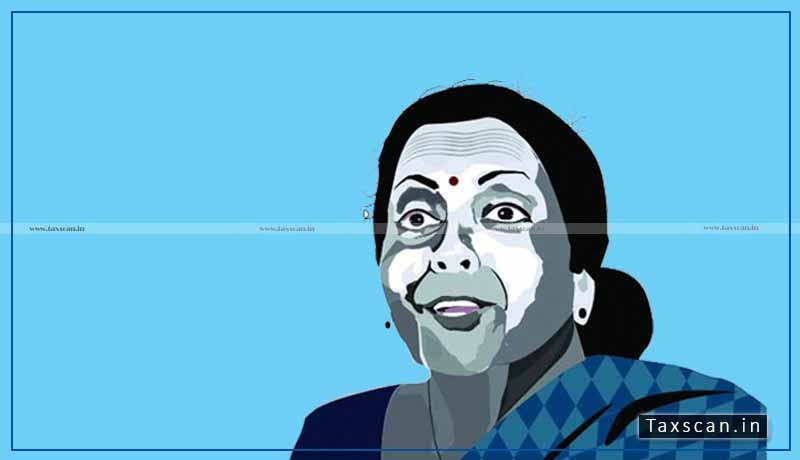GST: The Interesting History of Interest

If one should list the most controversial Sections under GST so far, the list would definitely include, Section 140 (transitional credit), Section 129 (Detention of goods), and Section 50 (interest on delayed payment of tax). The last two days have seen a lot of discussions about Section 50. Let us understand why:
The origin of controversy dates back to how the provision stood as on 01.07.2017.Sub Section (1) of Section 50 provided that any person failing to pay tax within due date shall for the period for which tax remains unpaid pay interest at the rate not exceeding 18 percent. A registered person usually discharges his GST liability through the filing of GSTR 3B return. While filing a return, the registered person will discharge tax liability by utilizing available input tax credit. In cases where the input tax credit is not sufficient to discharge entire liability for the tax period, additional payment is initiated by generating challans and credit the amount to cash ledger and subsequent setoff through GSTR 3B return.
The above provision enabling levy of interest for failure to pay tax as applicable in cases of failure to pay tax on the time prescribed, on account of any reason, including the belated filing of return. Any ambiguous provision in the history of taxation has been used in by revenue in their favor and the history of Section 50 is not different. The controversy arose, when the department started issuing notices to those assesses who filed GSTR 3B return belatedly, proposing demand of interest under Section 50. The notices were alarming since interest was demanded even in respect of the amount of GST set off through utilizing input tax credit.
LET US SEE WHAT FOLLOWED :
22.12.2018
GST Council, in its 31st Meeting, had approved the proposal for amendment of Section 50 of CGST Act, 2017 to allow payment of interest on net cash liability and to correct the anomaly.
In meanwhile the demands were contested before various high courts mainly on the ground that there is no basis for demand of interest on input tax credit since the amount of such tax was already available with the government and the government is already enriched with the benefit of such input tax. Though different High courts have granted a stay on recovery, the Telangana and Madras High Court Judgments are worth mentioning in the history of events.
18.04.2019:
Megha Engineering and Infrastructure Ltd Vs. Commr. Of Central Tax (Telengana High Court) : Interest is liable on gross tax paid belatedly. The Highcourt observed that until a a return is filed as self-assessed, no entitlement to credit and no actual entry of credit in the electroniccredit ledger takes place. As a consequence, no payment can be madefrom out of such a credit entry. Though decision of 31st GST Council was brought to the notice of Highcourt, same was dismissed only as a proposal which was not fructified yet.
01. 08.2019
Finance Act, 2019 passed wherein Section 100 dealt with Amendment to Section 50 of CGST/SGST Act, 2017. The amendment was to resolve the confusion and anomaly and it provided that interest on tax shall be payable in respect of supplies made during a tax period and declared in a return belatedly, only on that portion of tax paid by debiting cash ledger.
But the section was to come into force on such date as theCentral Government may, by notification in the Official Gazette, appoint.
06.01.2020
Refex Industries Ltd Vs. Asst Commr (Madras High Court ) : Section 50 has been held as applicable only for cases of belated payment of tax through cash and not but not on ITC available all the while with the Department to the credit of the assessee. . The word ‘delayed payment’ connotes a situation of deprival and that there has been no deprival for State in cases where tax has been paid through ITC. The Judgment also considered the amendment brought in through Finance Act, 2019 and relied on same to consolidate the view in favor of setting aside the levy in respect of ITC component. The amendment has also been observed as clarificatory and hence to be made applicable retrospectively.
14.03.2020
39th GST Council meeting decides that the proviso to Section 50(1) of the CGST Act 2017 concerning interest for delay in payment of GST, inserted vide Finance Act, 2019, needs to be given retrospective effect from July 1, 2017.
25.08.2020
CBIC issues Notification No. 63/2020- Central Tax, notifying 01.09.2020 as the date on which proviso regarding charging of interest under Section 50 on a net basis becomes effective.
The notification has created panic among tax payers, since, it raised the question, if the operative date of amendment is 1.09.2020, whether interest is payable on gross liability from 01.07.2017 to 31.08.2020.
26.08.2020
Press release by CBIC to the effect that Notification 63/2020 – Central Tax has been issued prospectively due to technical limitations. CBIC clarifies that no recovery will be made for the past period.
The clarification gives a sigh of relief to taxpayers. But, once can't help asking, why the suspense? Could you not have said this along with the issuance of notification?


